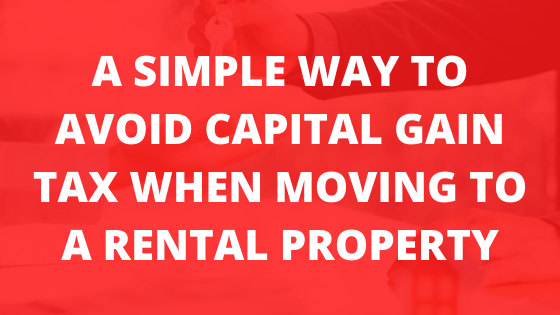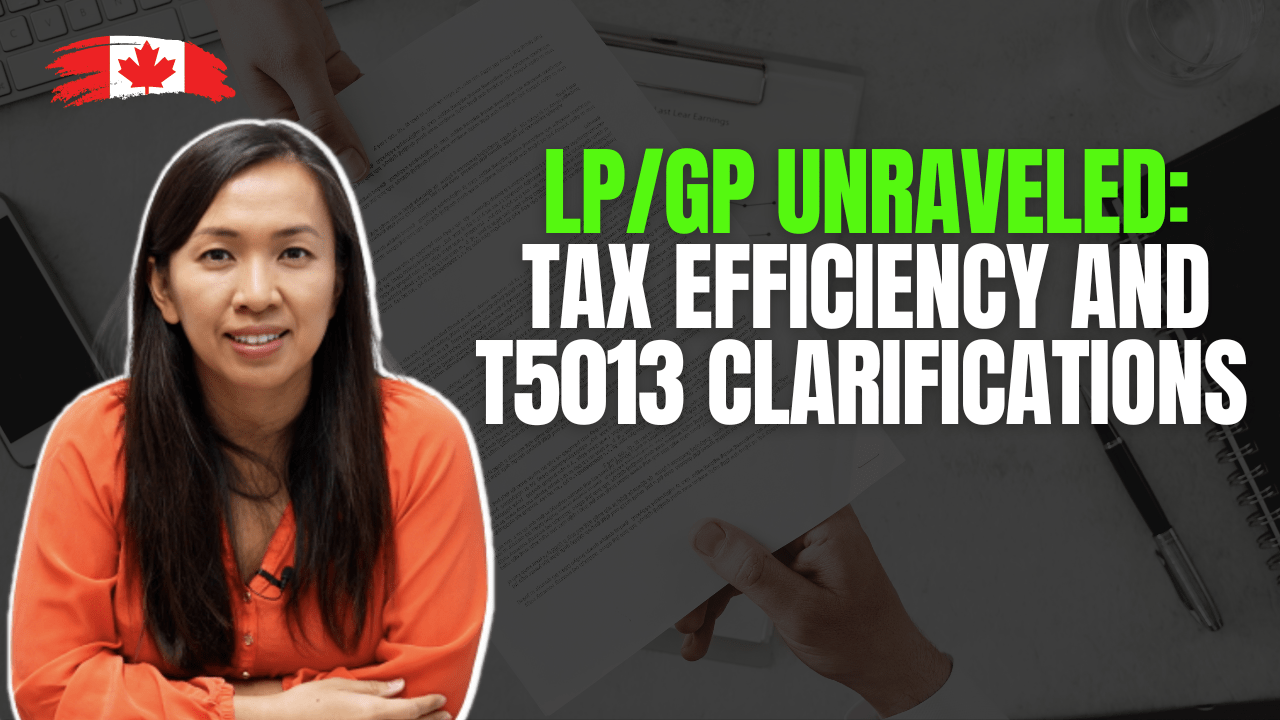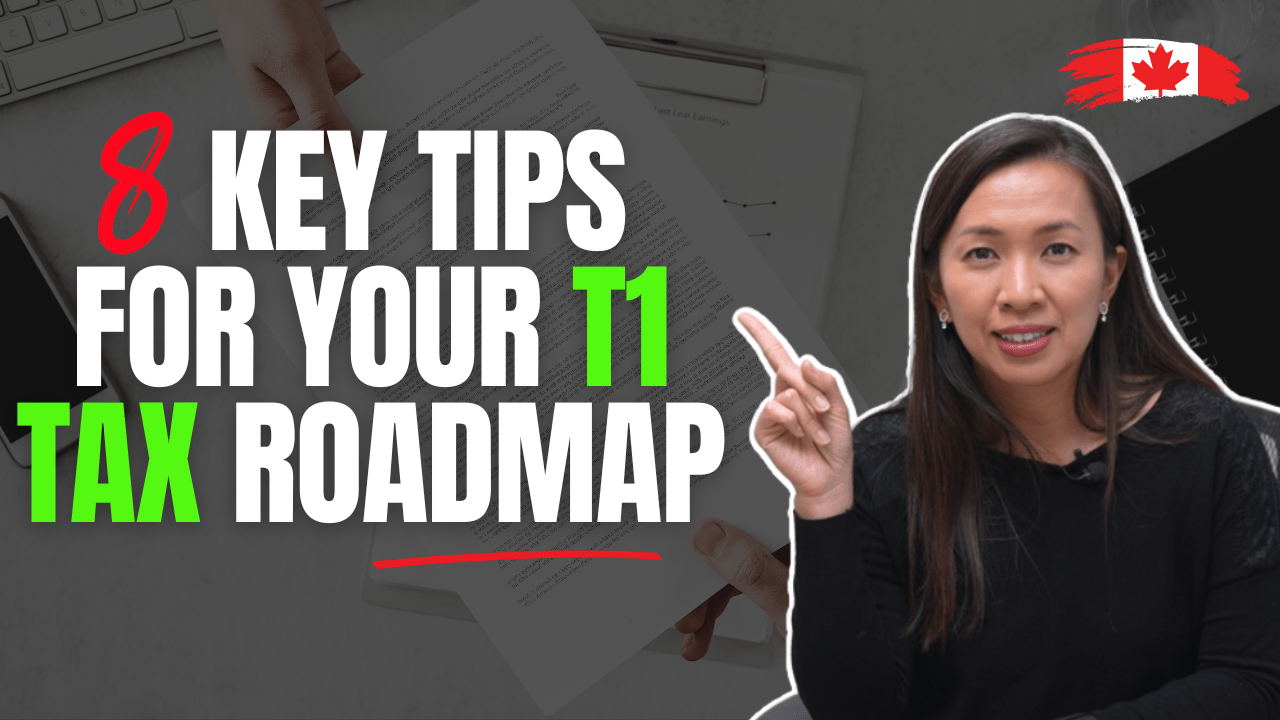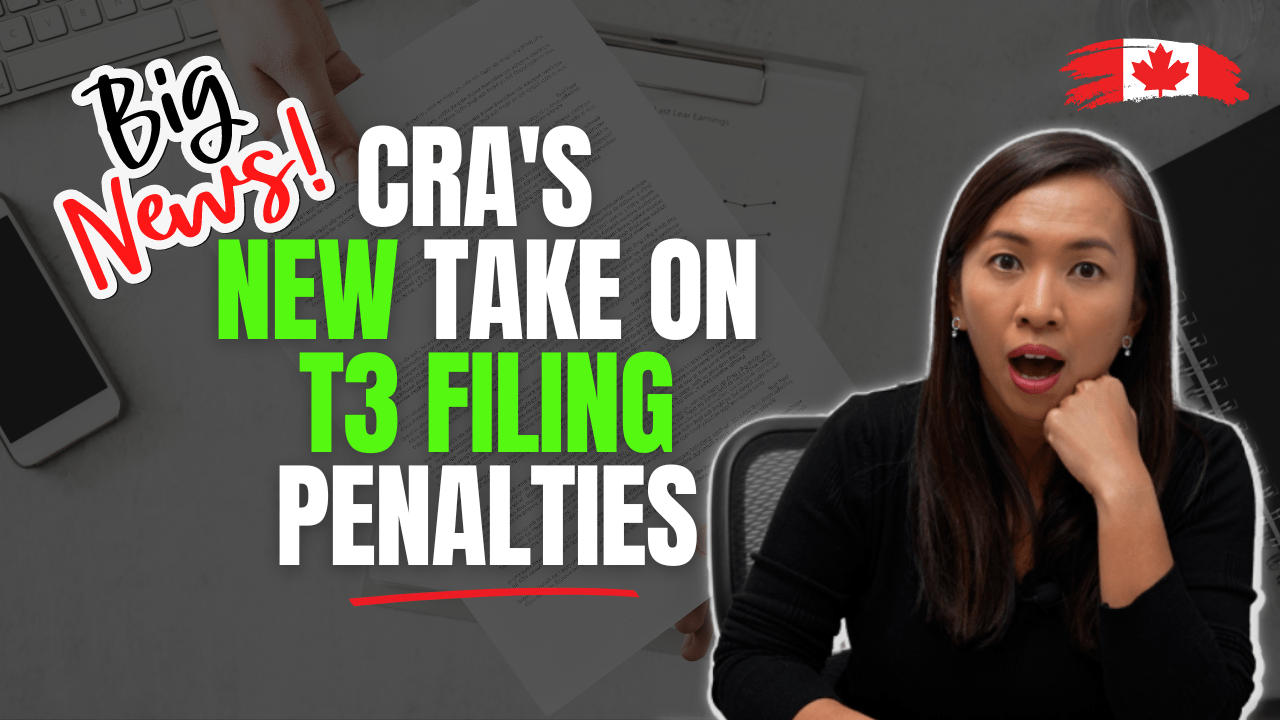It has been a few busy weeks here at our little home office. From following all the latest and greatest COVID-19 government measures, reviewing clients’ tax returns, learning to stock hacking, to managing the home office renovation, we have not slowed down a bit. In fact, the home office renovation is an ongoing project, and I’ve been scouring the web to inspire my next idea! It’s all coming together slowly. It is a lot of fun to plan out what you are going to do next and see what you can go for as you put together all your ideas. When I finally decide on what we need to do next then I’ll have to make sure I put a list together of all the professionals that we will need, including resources such as home remodeling Boulder CO companies like Canyon’s Construction as well as plumbers and electricians in our area so we are all prepared for the next chapter.
It hasn’t been easy with the unknown. I had doubts about renovating our office, when it seems that the entire world is turning to virtual office.

I had doubts about learning stock hacking, when so many people had seemingly lost money in stock investing.
I also had doubts about my accounting practice, when our revenue dropped quite a bit in March and April.
Just like the COVID-19 lockdown, there’s light at the end of the tunnel. We just need to be patient, and learn to adapt.
Number of confirmed cases have declined. Ontario is slowly opening up. Hopefully we can go golfing in the near future.
Accounting business has been picking up as well. Clients are uploading their information to beat the deadline June 1. 😊 Renovation is moving along, kitchen has been installed and some furniture will be delivered by the end of the month.
There’s light at the end of the tunnel.
Just need to have some faith.
Now, onto this week’s topic.
A few of clients moved into their rental properties in 2019.
Some of them are in transition, staying in their rental properties until they got their permanent home.
Some of them simply decide to move into their rental properties for good.
You may not be aware, everytime you change the use of a property, whether it is from primary residence to rental property, or from a rental property to primary residence, you are considered to have sold the property at its fair market value.
You are also considered to have acquire the property for the same amount.
Fair market value of the property is based on the time of change.
You can buy a property for $500,000 as a rental property, rent it out for a few years, and then you decide to move in.
At the time of move in, your property can be valued at $600,000.
You would have deemed to have disposed your property at $600,000, making a capital gain of $100,000.
Even though you never sold the property, you might be triggering a capital gain of $100,000 on your tax return.
If you also claim capital cost allowance on this property to offset some of the rental income previous year, you would also have to add the cumulated capital cost allowance (also known as recapture) as your income, the year you move into the property.
In some cases, it can trigger an unexpected tax bill.
Thankfully, CRA allows taxpayer to make an election to defer the capital gain tax until you actually sell the property.
To qualify for this election,
- Cannot claim capital cost allowance on this property for any tax year after 1984 and on or before the day you change its use
This means that, if you have claimed capital cost allowance throughout the years, you cannot defer the capital gain tax. You will have to report $100K to your income when you move into your rental property. You will also have to pay tax on recapture of capital cost allowance that you have claimed.
As a bonus to this election, assuming you qualify, you can also designate this property as your primary residence for up to 4 years before you actually occupy it as your principal residence, assuming you don’t have any other property designated as your primary residence during this 4 previous years.
What does this mean?
Let us look at this example.
You work in Toronto, currently renting a condo, making good money.
However, Toronto housing prices have skyrocketed and so you venture out and decide to buy a property in your hometown Hamilton as investment property.
Your family lives in Hamilton, it’s an easy commute for you.
Maybe one day, you would move back to Hamilton, who knows?
You bought your investment property, converted it to legal secondary suites, and rented it out for 5 years.
5 years later, you got a job offer in Hamilton. You decided that it is time to relocate and move to your rental property.
What is the tax implication?
You would have reported income and expenses incurred on this Hamilton rental property for the 5 years.
If you claim capital cost allowance on this property, you would have to take the recapture on the capital cost allowance into income the year you move in.
You would also need to report the capital appreciation on your personal tax return the year that you move in.
If you did NOT claim any capital cost allowance on this rental property,
- There’s no recapture tax – since you have never claimed capital cost allowance on this rental property.
- Because you don’t have a primary residence (not a property that you owned) in the previous four years, you can file an election to designate this rental property as your principal residence for up to 4 years before you move in.
- You can defer at least one year of capital gain (because you own the rental property for 5 years), and you can also get 4 years of capital gain tax free as a result of the election to be filed.
Scored!
Even if you already had a primary residence in the previous 4 years, you would still be able to defer the capital gain tax on this rental property in Hamilton until you sell it with this election.
Planning lessons?
If you have plans to move into a rental property, don’t claim capital cost allowance!
Until next time, happy Canadian Real Estate Investing.
Cherry Chan, CPA, CA
Your Real Estate Accountant






Sajjad S
great tip as always! In your example above, do you recommend appraising the rental property at the end of year 4 to ensure that amount is not taxed on?
or do you simply take the difference between purchase and sale , and divide by however many years you owned and then not pay tax on the first 4 years?
Cherry Chan
CRA does require you to take the average approach every time you use primary residence exemption. 🙂
Sunil Adalja
Great tip – thank you. It is very timely as I am moving into my rental on June 1 while we renovate our main house. Can you point out the right tax form to file?
Cherry Chan
You will need to file an election. The election should be sent in together with your tax return. Good luck!
Ben
assuming moving into your own rental is a transient situation and you plan to buy a larger house to live in, 2 years afterward, AND you won’t be selling the rental, what are the options then? Would it be possible to “rent” to yourself during this time and avoid CapGains and recapture of CCA? Since family (like Mom & Dad) is in Hamilton, would it be better to take over the family house basement?
Cherry Chan
It’s very creative. Thanks for the comment.
Income Tax Act would require a deemed disposition reporting unfortunately, if you have already claimed CCA.
Besa Halili
Hello Cherry, I have a condo unit that was rented out from the day of ownership-2016 to now, October 2021. On July 01, 2019 my common-law partner moved in as a tenant. I am selling the unit in December 2021. I live with him but have not changed the address to the unit.Am I entitle to mace a claim 1+4, since my partner moved in two years ago before the sale. If yes, what do I have to prove in terms of the relationship. Please advise with many thanks
Mike Jones
If you claim CCA in all five years you own the Hamilton rental property, are you still able to claim the capital gains exemption for the past four years? Or does the capital gains exemption only apply if you haven’t claimed any CCA?
Cherry Chan
Unfortunately there is a deemed disposition and you will have to report recapture and capital gain on change in use.
Scott Whetstone
Do the same rules apply for renting out 50% of your home? Our situation – Kids moved out, and we have been renting out four rooms in our house as monthly room rentals for the past three years. Did not claim capital cost allowance, did claim 50% what we could as expenses (utilities, mortgage interest, property taxes…). Our tenants have all left because of Covid-19. We are not looking for new tenants, as my parents are aging and have health issues and will be moving in.
Becky Jeffs
I enjoyed this article but wonder if I can make this work because of the dates? We took possession of this property May 25, 2016. We have rented it out from June 1, 2016 and the tenants have a lease until June 1, 2021. Is that date close enough for us to make this work and avoid the capital gains in the increased value over 4 of the 5 years?
Cherry Chan
Becky, it isn’t an easy answer without knowing more of your situation. Feel free to reach out to our office to schedule a deep dive consultation so we can advise you accordingly.
Ellen E. McCullers
Thanks for sharing such a detailed article about a simple way to avoid capital gain tax when moving to a rental property keep up the good work!
Ana
Hello!
If we recapture CCA in the year we move into our principal residence, can we then make the election to defer capital gains?
When does the election need to be made by?
Bobby Sengar
It is a great blog post. I am always read your blog. Helpful and Informative tips. I like it. Thanks for sharing this information with us.
Wendy
More great information sharing…Thank you Cherry!
Question for you…we bought a home on a 7 acre parcel from my uncle in 2015 and he wanted to continue living there for 5 years. During this 5 years, he paid no rent and we asked for rights to build a barn and operate a small livestock herd from there that my husband ran through his business.
We moved to this home in 2020 and sold our previous home. What are our tax implications now? Capital Gains?
Kyle
Hi Cherry, great article.
I am moving back into a rental property I owned for 5 years prior to renting it out and intend to live in it as my primary residence for the next few years at least.
What is the most tax advantageous way to determine the FMV of the property in the year it was rented and for this year? I will be doing an appraisal this year for mortgage refi, which are typically lower than real estate valuations.
Thanks!